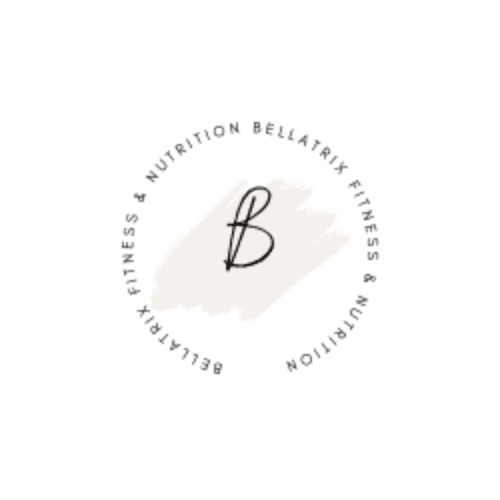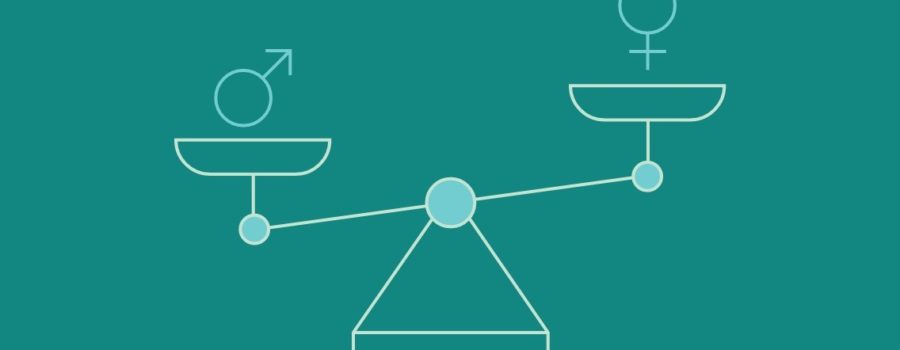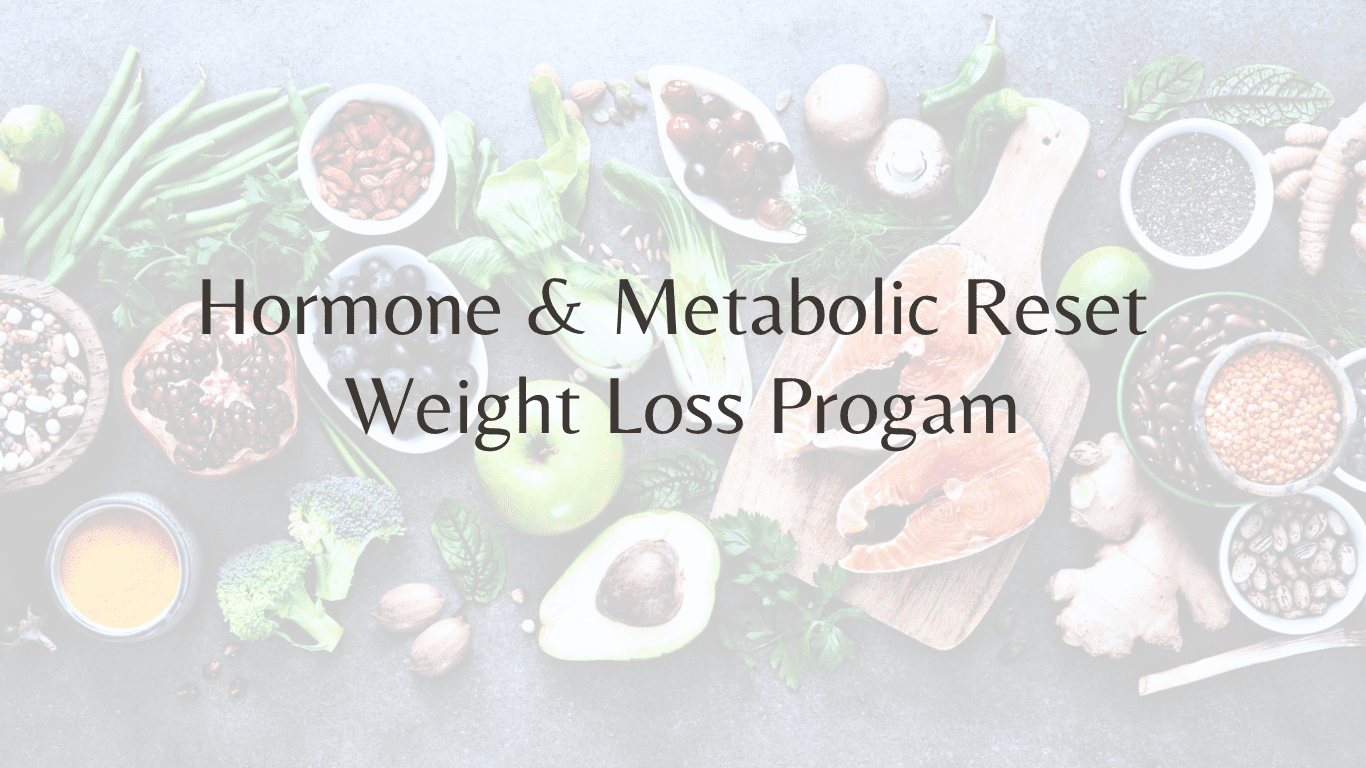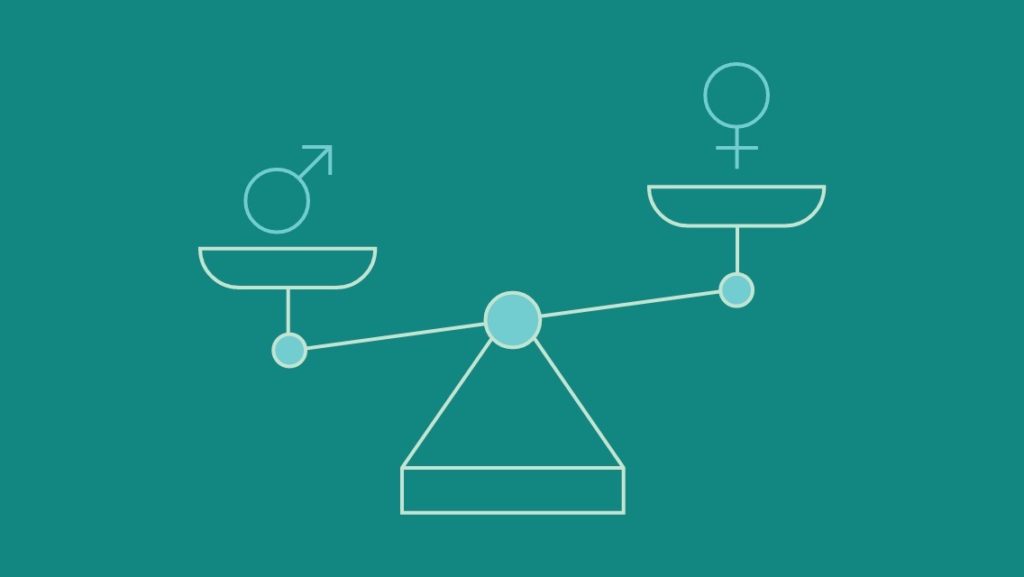
I often hear from women that they are struggling with hormonal imbalances. Truth is, what does that really mean?
How can we really know what’s going on with our hormones and if something is off?
Hormonal imbalances really mean different things to every woman, considering we are all so unique.
Some of us may be suffering with hypothyroidism (slow thyroid function) which can contribute to fatigue, slow metabolism and weight gain.
While some of us may be dealing with issues surrounding our period and cycle, such as heavy bleeding, missed periods or no periods, terrible PMS symptoms, short cycles, and so on.
Bottom line, hormones can be complicated.
But there are clues we should be paying attention to, which will help us to navigate our hormonal health and understand our bodies on a deeper level.
It all starts with your period.
Your period gives you clues into what is really happening with your hormones throughout the month.
Your period is the first day of your cycle. To simplify understanding our hormones, let’s break up our cycle in 4 phases: Menstruation, Follicular, Ovulation and Luteal. Know these, remember these, love these. They tell you everything about your hormonal health.
Let’s dive in…
Menstruation – Your cycle starts with your period. You bleed, you feel tired, lethargic, crampy, moody and bloated. No fun. During this time your progesterone takes a nose dive. Progesterone is what causes your uterine lining to shed, thus causing you to bleed in the first place. Your sex hormones also take a dive, causing you to feel not-so-sexy. So there’s a good chance your libido is pretty low at this time.
Hormonal Imbalances – if your period comes roughly every 28-35 days. Cool. If it happens to be every 3 weeks, showing up around day 20 or 21 (early period), this could mean you have low progesterone. Low progesterone could be caused by a few things – estrogen dominance (basically you have too much estrogen relative to progesterone), stress or insulin resistance. A period that shows up every 35+ days (late period) could also be a sign of low progesterone.
How Does Stress Lower Progesterone? – there’s a precursor hormone to progesterone called Pregnenolone. This hormone helps to make progesterone. However, in times of stress, pregnenolone has to decide whether it needs to make progesterone or be used for stress hormones, like cortisol. There’s a good chance that stress always wins considering it is seen as a “threat” to your body. Unfortunately, when this happens, all other sex hormones suffer as well.
Follicular Phase – This phase lasts for roughly 7-10 days and begins right after menstruation. Initially, your sex hormones are low but begin to ramp up as you approach ovulation. Just before ovulation, as your sex hormones begin to raise, you’ll feel energetic, turned on and tuned it! Yup, your brain is focused and you feel like you can take on the world. This is thanks to testosterone and estrogen working their magic. As a bonus, your skin will be glowing and radiant thanks to an estrogen surge.
During this phase, FSH is released (follicular stimulating hormone), which stimulates follicles in your ovaries to mature. These follicles contain your eggs. You may also notice that your cervical mucus is wetter and slippery during this time, which is key as you approach ovulation.
Hormonal Imbalances – Being that you are more sexual and energetic during this phase, if you aren’t it could be an indication that estrogen and testosterone are low. Both these hormones are key to having an optimal libido. It’s important to note that if you’ve had an early period or a late period, this could also mean that you’ve had a very long follicular phase which can be an indication of stress, illness, PCOS, dieting (weight gain or loss), or thyroid issues.
Ovulation – During ovulation, your body is in it’s most fertile phase. Your libido should be on fire! You may also find your cervical mucus is thick, slippery and egg-whitey. Your sex hormones are fired up during this phase, especially progesterone, which begins to rise and will continue to rise until your period.
Ovulation is pretty much an all-or-nothing event. It happens quickly and for one day. Basically, your egg is released and it can’t be un-released. Make sense? After ovulation you will either have your period 2 weeks later or be pregnant. If you’re avoiding pregnancy, IT IS VITAL TO UNDERSTAND THIS PROCESS as you can then plan your ‘sex schedule’ around ovulation to avoid pregnancy instead of using hormonal birth control (which will cause numerous hormonal imbalances, stop you from ovulating and shut down your estrogen and progesterone from functioning).
Hormonal Imbalances – If you’ve ovulating, good news. If you’re not ovulating, well then you’ve had an anovulatory cycle which means you are not producing progesterone. This is quite common with PCOS, insulin resistance and of course, if you are not getting a period, this could be why. You need to ovulate in order to produce estrogen and progesterone. No period could also mean their is miscommunication going on in your hypothalamus (a gland in your brain). As you can see, your period is literally telling you what is going on with your entire body and hormone production.
Luteal Phase – after ovulation, your progesterone rises, estrogen levels dip and your now empty follicle restructures itself into a progesterone secreting gland called the corpus luteum. The corpus luteum grows into a 4-centimenter gland in one day. Your ovaries have a lot of work to do to build this gland!
Hormonal Imbalances – the formation of the corpus luteum can be impaired by many things, from inflammation, stress, thyroid disease, insulin resistance, or by a lack in vital nutrients such as zinc, magnesium, selenium, vitamin D and iodine. ALL of these nutrients are vital for hormone production and for a healthy and fertile cycle.
After your luteal phase, which lasts for 14 days, you are then back to menstruation and this amazing hormonal cycle begins again. See the chart/picture below to gain an understanding of your cycle and the hormones released during each phase.
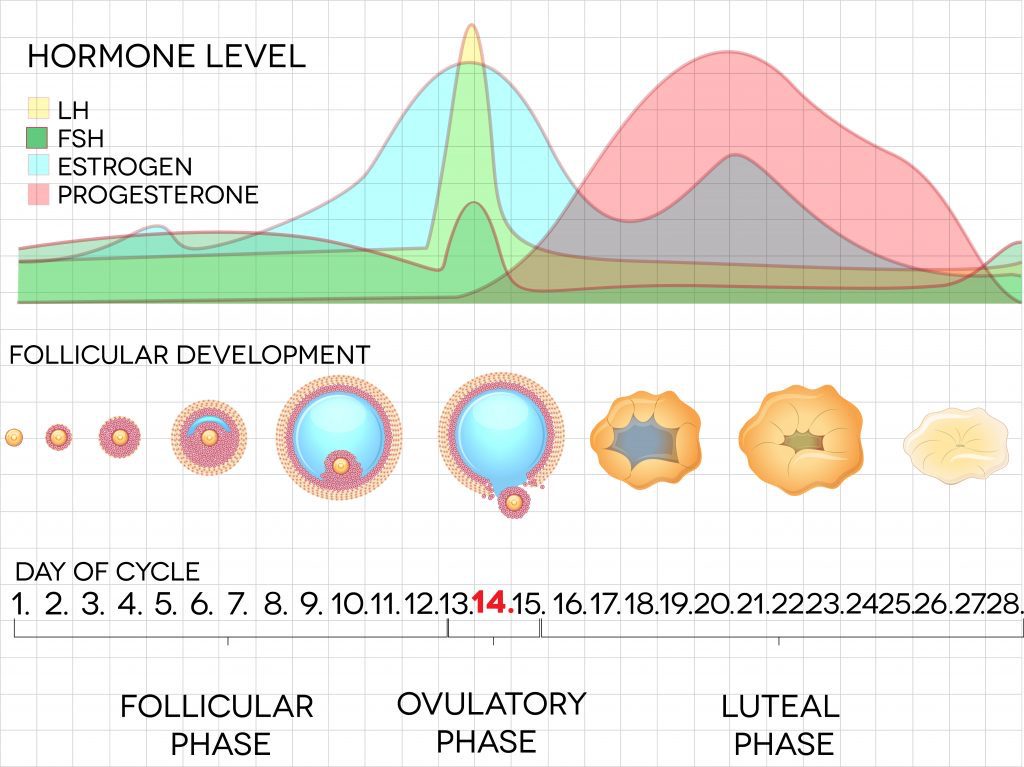
——> On hormonal birth control? Then you do not ovulate, you do not produce progesterone, you have no luteal phase and you do not produce a corpus luteum. Crazy right?
Our cycles are powerful.
They can literally show us what is going on with our bodies, but we need to tune in and really pay attention.
From nutrient deficiencies, to low or high hormone production, to high stress, to infertility, thyroid disease, inflammation, estrogen dominance, and so on, our bodies and our period can tell us where something may be off and needs to be investigated further.
——> Symptoms you need to pay attention to (and ‘possible’ hormonal imbalances associated with each symptom). It’s important to note that these symptoms can be managed with the right micronutrients/supplements and diet:
- breast tenderness and swollen lymph nodes (estrogen dominance)
- slow detoxification or constipation (estrogen dominance, low thyroid)
- high cholesterol (low thyroid, inflammation, insulin resistance)
- cold hands and feet (low thyroid)
- cramping, bloating and digestive upsets (gut flora imbalance, nutrient deficiencies, low progesterone)
- low libido or non-existent sex drive (low estrogen and testosterone)
- blood sugar imbalances and sugar cravings (insulin resistance, high testosterone, PCOS)
- headaches and mood swings (mineral deficiencies, dopamine, serotonin, gaba)
- weight gain, especially in the midsection (insulin resistance, high cortisol, low thyroid)
- PMS symptoms (low or high estrogen/progesterone, inflammation)
- hair loss or thinning hair (low thyroid, high cortisol)
- acne or facial hair (insulin resistance, high testosterone, PCOS)
- fatigue, lethargic, can’t get out of bed (low cortisol, insulin resistance, low or high estrogen/progesterone, low thyroid)
- abnormal pap smears, heavy bleeding, painful menstruation (estrogen dominance)
- depression, hot flashes, vaginal dryness (low estrogen)
- cysts, infertility, bloating or fluid retention (low progesterone)
Again, know that this can all be healed and managed with the right diet and the right supplement protocols. This is not to alarm you, but to make you aware of what is happening hormonally with your body/cycle so you can take the proactive measures to heal it for good!
Have questions or looking to get your cycle or weight on track with the right program? Email me at – lyndsay@bellatrixfit.com and let’s talk about your concerns! I look forward to being a part of your healing (and happy hormone) journey!
